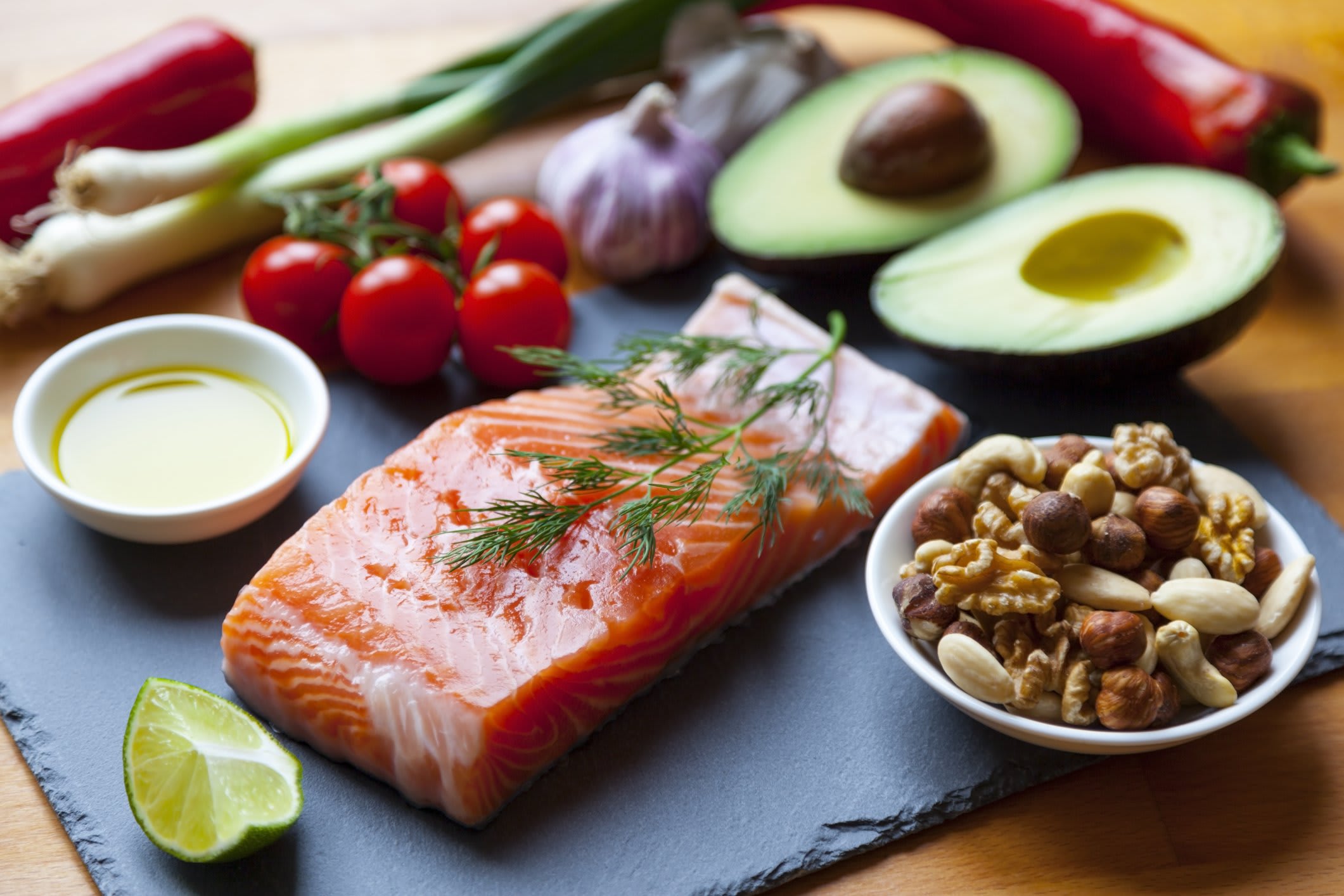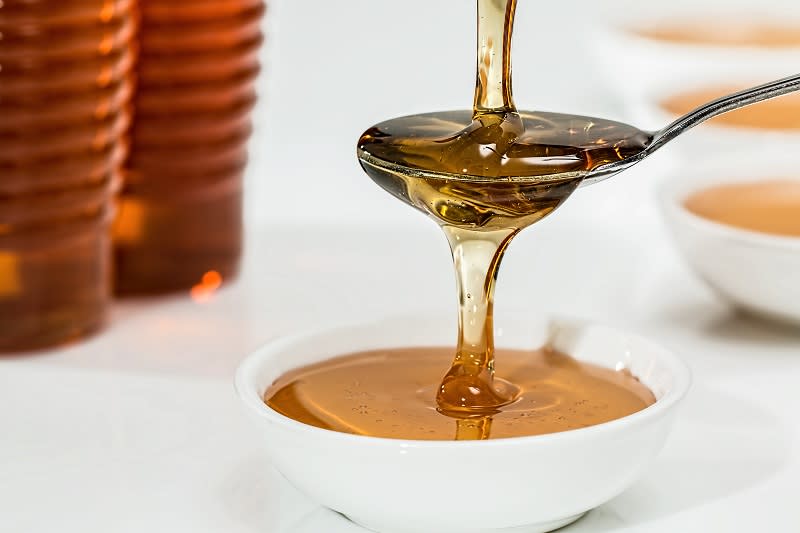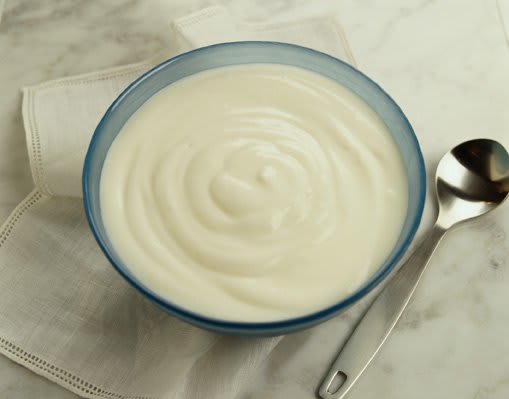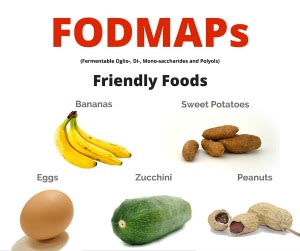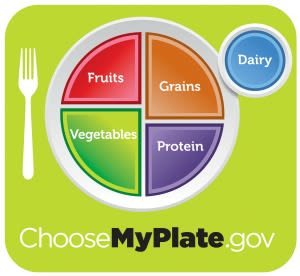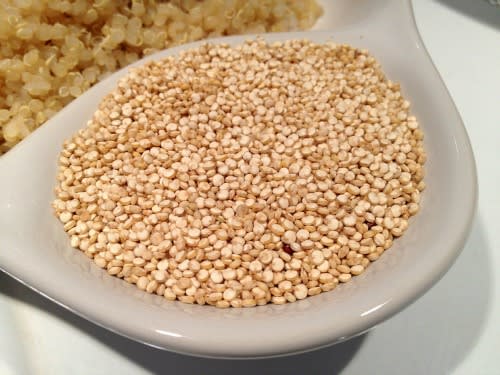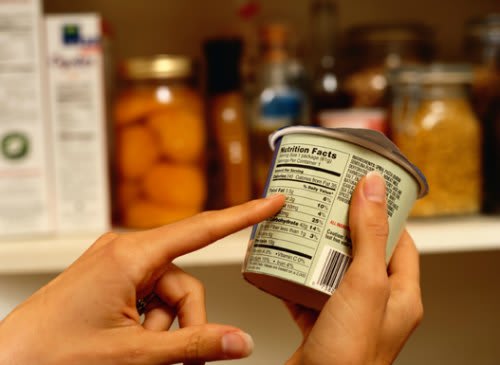Your Health Starts in Your Gut
Published: July 06, 2015l
By Lynda Mezansky, MS, RD, CD-N, Clinical Dietitian
Did you know that approximately 70% of your immune system is in your gut?
Microbiota, or gut health/good bacteria, is a community of microorganisms that share our body space. There are 4,000 bacterial species in our gut, and affects every aspect of human development including our metabolism and immune system’s health. This ‘microbiota ‘is determined by how we are delivered into this world (vaginally or cesarean), what we are fed at birth (breast milk or formula), and is determined by the nature of our physical environment (city or rural). By the time a child is 2 years old his microbiota resembles that of an adult.
Why is this important?
The microbiota plays a critical role in regulating the immune system, metabolizing vitamins, dietary carbohydrates, and our hormones. This good bacteria is also responsible for nurturing the integrity of the lining of the intestine (epithelium) which plays a critical role in protecting us from infection and inflammation. Our environment, diet, genetics, viruses, germs, and medications can cause a disruption and imbalance of the good (beneficial) and the bad (pathogenic) bacteria, resulting in a loss of good bacteria. This imbalance may predispose us to obesity, chronic diseases, and infections. In addition, scientists believe that inflammation and an increase in autoimmune diseases may be due to this imbalance. IBS (Irritable Bowel Syndrome) and IBD (Inflammatory Bowel Disease) may be triggered by inflammation. An imbalance may also lead to increased gut permeability (leaky gut syndrome) causing endotoxins to leak into the bloodstream producing a low-grade inflammation that could lead to inflammatory processes associated with obesity and insulin resistance.
How can we promote a healthy microbiome?
- Beware of antibiotics. Not only do antibiotics kill the bad bacteria that make us sick, but they also destroy the good bacteria. Scientists believe that excessive use of antibiotics is responsible for destroying our gut microbiota therefore making us more susceptible to the chronic diseases listed above.
- Limit or avoid processed food. Many additives to processed foods including emulsifiers have been shown to alter the microbiome damaging the protective lining of the gut which may lead to inflammation.
- Avoid artificial sweeteners. Artificial sweeteners alter the diversity of the microbiome and may disrupt the body’s ability to regulate blood sugar. Recent studies have shown a correlation between the reported use of artificial sweeteners and glucose intolerance.
- Eat a predominantly plant based diet. Fruits, vegetables and legumes are high in dietary fiber and provide fuel for our intestinal bacteria. Naturally fermented foods such as yogurt and kefir (with live active cultures), sauerkraut, and tempeh are also recommended. Generally it is best to include both soluble and insoluble fiber. Other foods to consider are bananas, oat, beans, root vegetables, nuts, bran and avocados.
Note: Prebiotics and probiotics are available over the counter in supplement form. However, these supplements are unregulated and do not always provide the necessary amount and/or correct mix of bacteria needed to restore our microbiota.
Sources:
Food and Nutrition May/June 2015
Chang, K. Artificial Sweeteners Alter Metabolism, Study Finds. The New York Times Magazine, September 18, 2014
Pollan, M. Some of My Best Friends are Germs. The New York Times Magazine, May 15, 2013
Featured Expert/ Author












